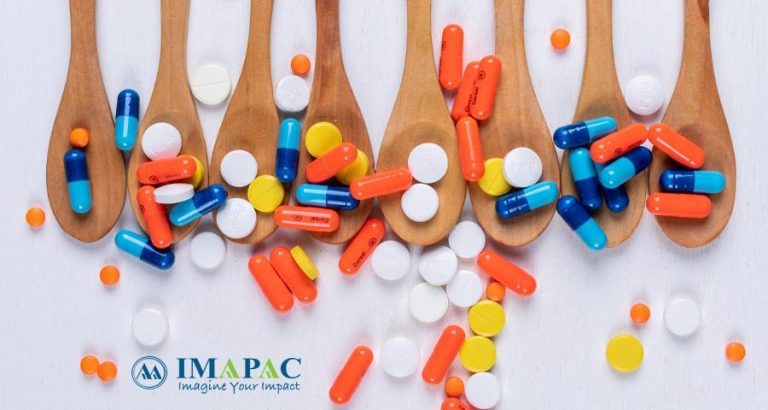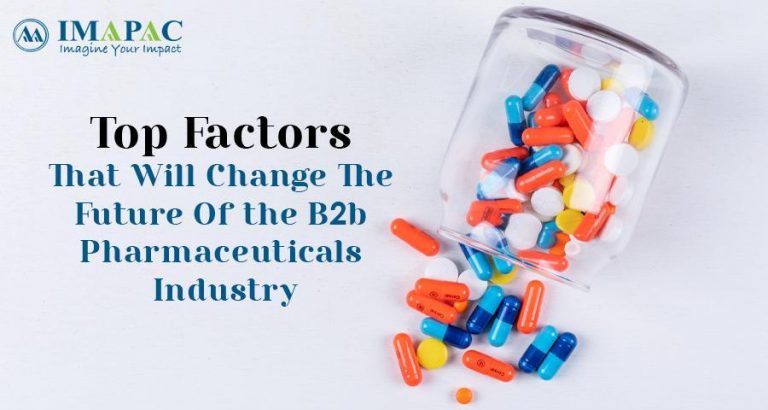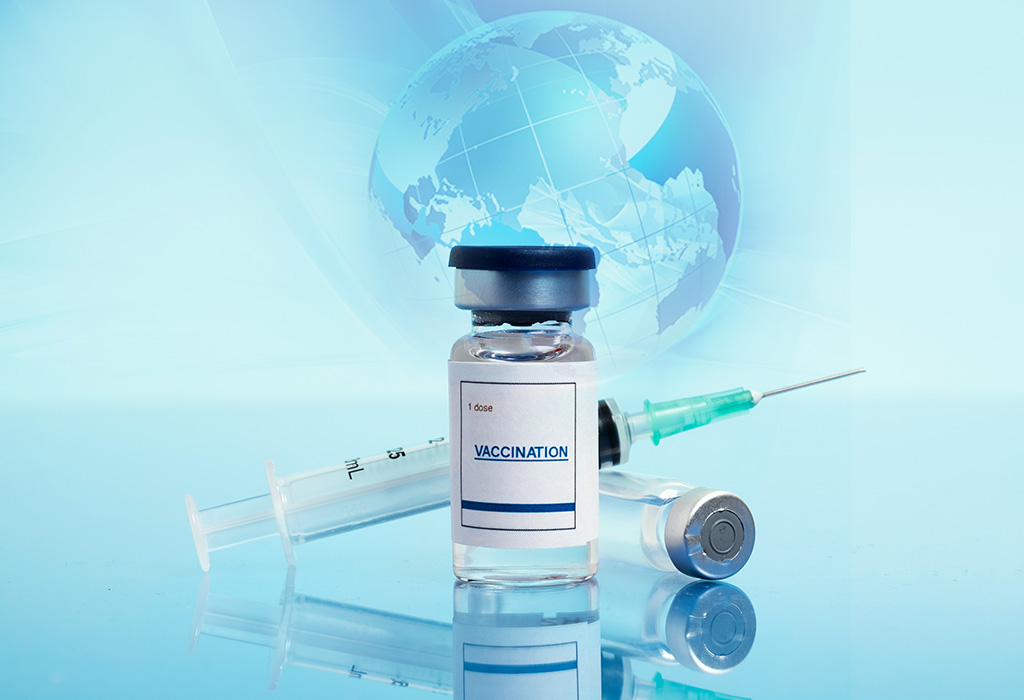Top Factors That Will Change The Future Of the B2b Pharmaceuticals Industry
Both the globe and the pharmaceutical industry are changing. Given that the entire industry is based on procedures and double-checks to ensure the safety of medications, it is not surprising that the b2b pharmaceuticals industry is one of the most rigorous and regulated marketplaces. The market became conservative without room for innovation, which is a drawback.
There is plenty to be happy about in the pharmaceutical industry. Major treatment developments in the previous ten years, like immunotherapy and cell and gene therapy, have offered patients new hope. In response to a historical epidemic, COVID-19 vaccinations were created in record time to help save the planet.
However, despite all of those ground-breaking innovations, pharmaceutical firms lagged behind the capital markets.
Pharma organizations’ cultures


Culture refers to an organization’s and its staff members’ attitudes and behaviors. The hierarchy is used by most pharmaceutical businesses’ corporate cultures to characterize their organizational structure. Years went by with no issues. However, things are beginning to change now that Millennials make up about half of the labor force.
The figures on their income and stuff like bonus schemes don’t really interest millennials. They value their agreement with the company’s objective more than anything else. As a result, your company’s ability to draw in new talent depends on your corporate culture.
These new young professionals are looking for a workplace culture that would help them develop into their best selves. They are interested in learning about the company’s values and whether or not they coincide with their own. According to 80% of millennials, a company’s culture should emphasize personal development above everything else. Agile cultures, in which everyone is treated equally, and you work in small groups, are no longer exclusive to Silicon Valley’s tech firms. Additionally, major corporations started to rewrite their cultures.
Political Influence In The Pharmaceutical Sector
Today, China and India provide the majority of the world’s pharmacies. They may manufacture pharmaceuticals and APIs in huge volumes and at low prices. Since the Corona Crisis, nations around the world have come to understand how vulnerable they are when they are totally dependent on another nation. Even India wants to avoid relying solely on Chinese intermediates and APIs. Billions of people won’t have access to their medications in the event of a political dispute, a scarcity, or, as we saw during the Corona crisis, a complete lockdown.
Countries will reevaluate the pharmaceutical industry’s present supply chain and acknowledge that buying locally would result in higher costs. I think China and India will continue to produce the most pharmaceuticals, and for good reasons, but there should be some alternatives.
Online advertising for the pharmaceutical industry


The digital revolution has changed almost all international markets. Numerous advantages were provided. Internet use has been very beneficial for businesses that recognized the transition early on. Nevertheless, some significant market leaders, such as Blockbuster and Blackberry, no longer exist as a result of their excessive attention to their products.
Biopharmaceutical companies have traditionally placed a strong emphasis on their sales, exhibitions, magazine advertising, and distribution system. On the internet, current managers feel at home. They were raised on digital technology like MP3 players, MSN Messenger, and other devices. They have caught up on their web presence within their pharma firms and have begun to take online marketing seriously.
Techniques for work
We have learned that working from home is easier than we had thought with the current Corona crisis. The use of video conferencing platforms like Zoom and Google Meet is becoming standard practice. We’ll think about if flying for a business meeting is truly necessary in the future.
There is a tonne of software available to make work more productive in addition to these video conferencing apps, including Google Drive, Slack, and Trello. In other markets, these tools have previously been shown to increase productivity and make work more interesting. These tools would also undoubtedly be beneficial to the pharmaceutical business.
Pharmaceutical sector sustainability
The environment is harmed during pharmaceutical product manufacture. Particularly, water contamination has an impact on both people and wildlife worldwide. Everyone is becoming more conscious of their environmental impact, and the pharmaceutical industry will face pressure to do so. To combat air pollution, Chinese authorities have already shut down raw material industries. Sustainability will be vital to our industry in the future years. Not just by neighborhood governments but also by the younger generation of those working in this industry.





